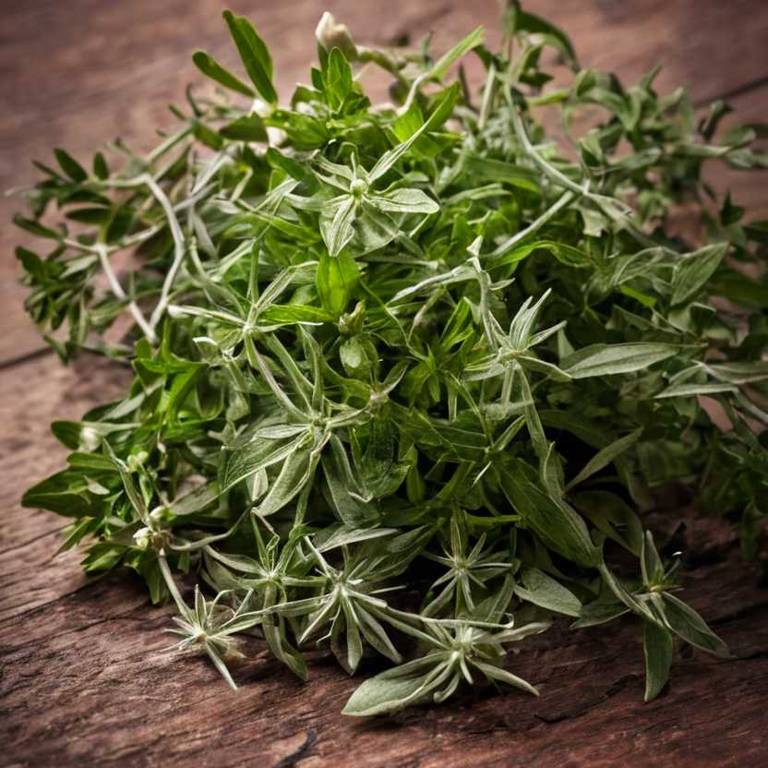Daphne Mezereum: What To Know Before Using It For Medicinal Purposes

Daphne mezereum, a member of the Thymelaeaceae family, has been historically used in traditional medicine for its purported therapeutic properties.
The plant contains various bioactive compounds, including flavonoids, alkaloids, and essential oils, which have been associated with anti-inflammatory, analgesic, and antimicrobial effects. In folk medicine, it has been employed to treat ailments such as rheumatism, coughs, and skin conditions, although its use is often limited due to its toxicity. Despite its potential medicinal benefits, the plant is highly poisonous, necessitating careful handling and controlled application.
Modern research continues to explore its pharmacological properties while emphasizing the need for safety measures to prevent adverse effects.
Health Benefits
Daphne mezereum has several health benefits, such as its potential anti-inflammatory and antimicrobial properties that may support immune system function.
It contains compounds like flavonoids and phenolic acids, which are known for their antioxidant effects that help neutralize harmful free radicals in the body. In traditional medicine, it has been used to treat respiratory conditions and skin disorders due to its soothing properties. However, it is important to note that the plant is highly toxic and should not be used without proper guidance from a healthcare professional.
Due to its potent nature, it is primarily used in controlled medicinal formulations rather than as a common herbal remedy.
10 Best Health Beneift of Daphne mezereum
Bioactive Constituents
Daphne mezereum has several bioactive constituents, such as alkaloids, flavonoids, and terpenoids, which have been studied for their potential medicinal applications.
Among these, the alkaloids, particularly daphnin and mezerein, exhibit strong cytotoxic properties and have shown promise in cancer research. Flavonoids present in the plant contribute to its anti-inflammatory and antioxidant effects, which may support cardiovascular and neurological health. Terpenoids, including daphnenes, are known for their ability to modulate immune responses and may have antiviral activities.
However, due to the plant's high toxicity, the use of Daphne mezereum in medicinal formulations requires careful handling and precise dosing.
Medicinal Preparations
Daphne mezereum has several medicinal preparations, such as teas, tinctures, and topical salves, which have been traditionally used for their purported therapeutic effects.
Historically, its leaves and stems were decocted into teas to treat ailments like coughs and respiratory conditions, though its use is highly discouraged due to its extreme toxicity. Tinctures made from the plant's bark or roots were occasionally employed in folk medicine for their stimulant properties, although these preparations require extreme caution due to the presence of toxic compounds. Despite its dangers, some traditional remedies still incorporate Daphne mezereum in very controlled doses, often under the supervision of experienced herbalists.
However, modern pharmacology has largely abandoned its use due to the high risk of poisoning and lack of proven medicinal benefits.
Side Effects
Daphne mezereum can have some side effects, such as skin irritation and allergic reactions upon contact with its sap or leaves.
Ingestion of any part of the plant can lead to severe gastrointestinal distress, including nausea, vomiting, and diarrhea. The plant contains toxic compounds like cytisine and other alkaloids, which can cause more serious symptoms like dizziness, rapid heartbeat, and even respiratory depression in severe cases. Prolonged exposure may result in chronic skin conditions or systemic toxicity, especially in sensitive individuals.
Due to its high toxicity, Daphne mezereum should be handled with care and avoided by children, pets, and those with known sensitivities.